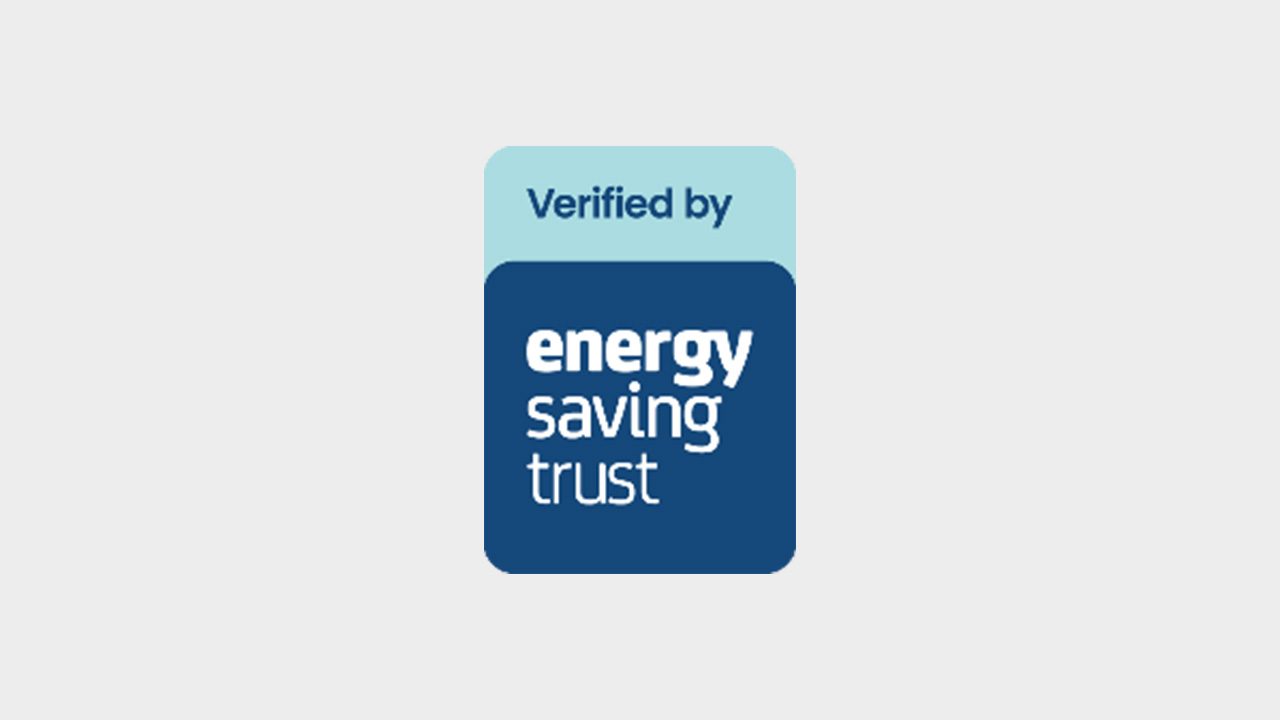
There are many ways you can save energy, such as turning down the thermostat or washing your clothes at a lower temperature. But as well as changing your habits, you can also make changes to your home to make it more energy efficient.
Here, we look at:
Ways to reduce heat loss in your home
Heating your home using lower carbon fuel
Retrofitting means improving the energy efficiency of your home. This means potentially lowering your home’s energy bills and carbon emissions and helping your home to stay warmer for longer.
Some retrofitting actions are cheaper and quicker, like changing your light bulbs to more energy-efficient ones. Other actions may be more costly and require professional help, like installing a heat pump.
Making your home more energy-efficient could:
A cavity wall consists of two walls separated by a gap called the cavity. To prevent heat loss and potentially reduce energy costs, insulation material can be injected into the cavity from the outside. According to the Energy Saving Trust, this could save up to £240 and 650kg of carbon dioxide a year.*
A solid wall has no cavity. These walls can be insulated from the inside or outside to help reduce your energy bills by preventing heat from escaping. Internal wall insulation is usually cheaper but can be more disruptive, while external wall insulation could require planning permission. The Energy Saving Trust say external, or internal solid wall insulation could save up to £320 and 900kg of carbon dioxide a year.*
Installing floor insulation can help make your home feel warmer and reduce draughts. In most cases, only the ground floor will need insulation. However, you can also insulate floors above unheated spaces, like garages. According to the Energy Saving Trust, most UK homes could benefit from insulating their floors, with potential savings of £70 and 190kg of carbon dioxide a year.*
According to the Energy Saving Trust, a quarter of heat is lost through the roof in an uninsulated home. Insulating your loft, attic or roof can help reduce heat loss and potentially reduce your heating bills. Adding rolls of mineral wool to your loft or roof can help keep it insulated, with the minimum recommended depth being 270mm. If your home does not already have any roof or loft insulation, adding 270mm of mineral wool could save £230 and 600kg of carbon a year.*
Double and triple-glazed windows can reduce heat loss and condensation build-up, as well as potentially shield your home from outside noise.
According to the Energy Saving Trust, over half of the fuel bills are spent on heating and hot water in a typical household. Having an efficient heating system can help reduce your fuel bills and reduce your carbon emissions.
Heat pumps transfer heat from the air or ground into your home using electricity, heating your home and water. They use less electricity than the amount of heat that they generate, making them more energy efficient. Costs depend on the size of the heat pump and your property but are generally suitable for most homes.
The Energy Saving Trust say a typical heat pump could save 2 tonnes of carbon a year and reduce energy costs substantially, depending on the type of heating system that is replaced. Replacing a typical gas boiler with a heat pump could save £210 a year and replacing a typical oil boiler could save £110 a year.*
Renewable energy comes from sources like sunlight and wind. These energy sources are ‘renewable’ because they can replenish themselves. This is different from fossil fuel energy like oil and gas, as these will eventually run out.
According to the Energy Saving Trust, installing solar panels could lower your energy bills. They convert sunlight to electricity, which you can use to power your appliances and lighting. You can also invest in a solar panel battery to store generated electricity for later use.
The amount of energy generated will depend on the size of your home and the number of solar panels installed. However, buying and installing solar panels can be expensive. Take the time to compare installers and products to get the best value for money.
You might be able to get help for energy-saving improvements to your home, including access to grants, loans, and government initiatives. For example:
If you have cash available, using your savings can be an option to fund home improvements, especially smaller projects such as draught-proofing. You can also avoid paying possible interest that may come with borrowing. But make sure you check to see if there are any charges for withdrawing your savings and if you have enough money left over for an emergency fund.
You may be able to borrow more money against your home. This can help fund home improvements, like making your home more energy-efficient. You’ll need to think carefully about securing a loan against your home as it can be repossessed if you can't keep up with the repayments.
A home improvement loan allows you to spread the cost of your project without increasing your mortgage. Our home improvement loan calculator can help you work out what your monthly payments could be, based on our representative rate for the amount you enter.
Today we finance a number of industries that significantly contribute to greenhouse gas emissions. We have a strategy to help our customers to reduce their emissions and to reduce our own. For more information visit www.hsbc.com/sustainability.

Energy Saving Trust is an independent organisation dedicated to promoting energy efficiency, low carbon transport and sustainable energy use to address the climate emergency.
*Based on a typical 3 bedroom semi-detached gas heated house, with an 89% efficient gas boiler and average gas tariff of 6.2p/kWh and electricity tariff of 24.5p/kWh. Emission savings include all scopes and greenhouse gases expressed as carbon dioxide equivalent. Correct as of January 2025.
This article was last updated on 03/06/2025, 10:43